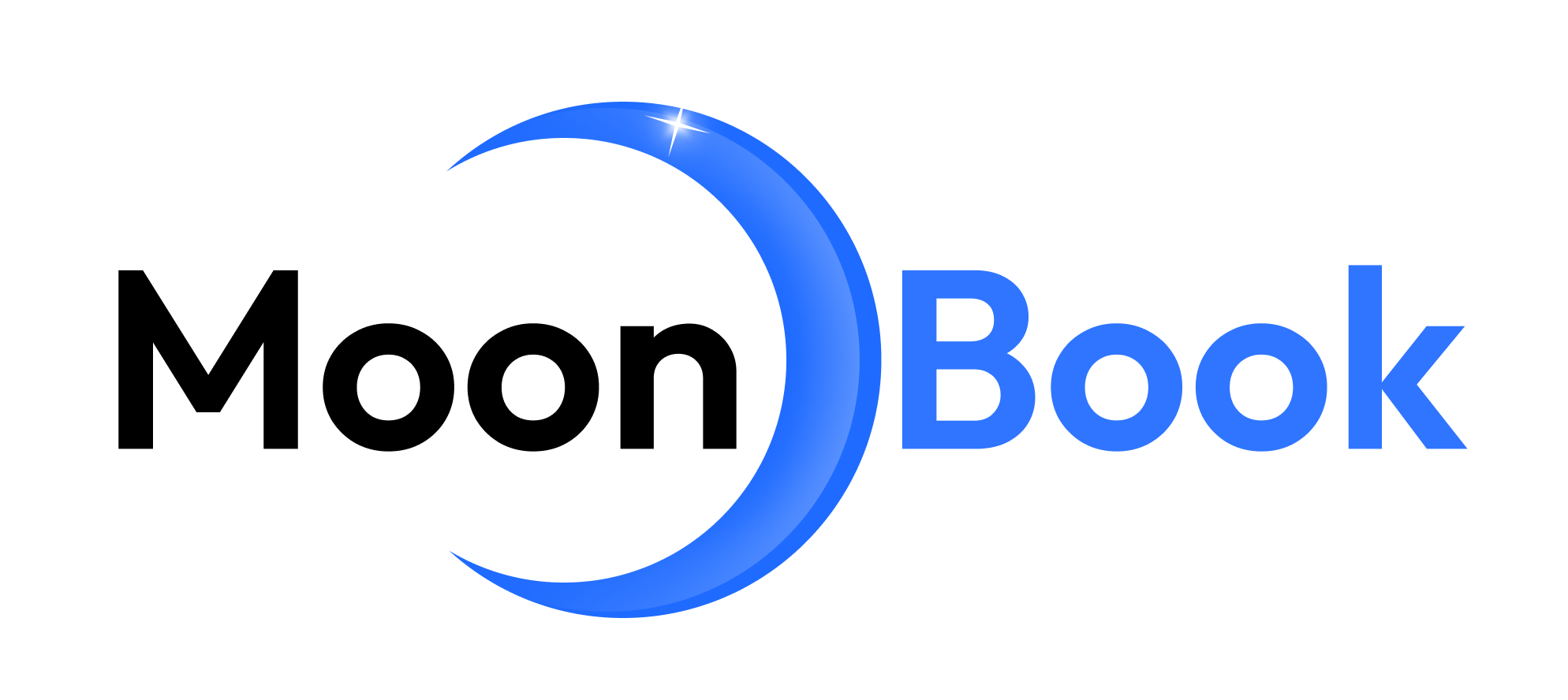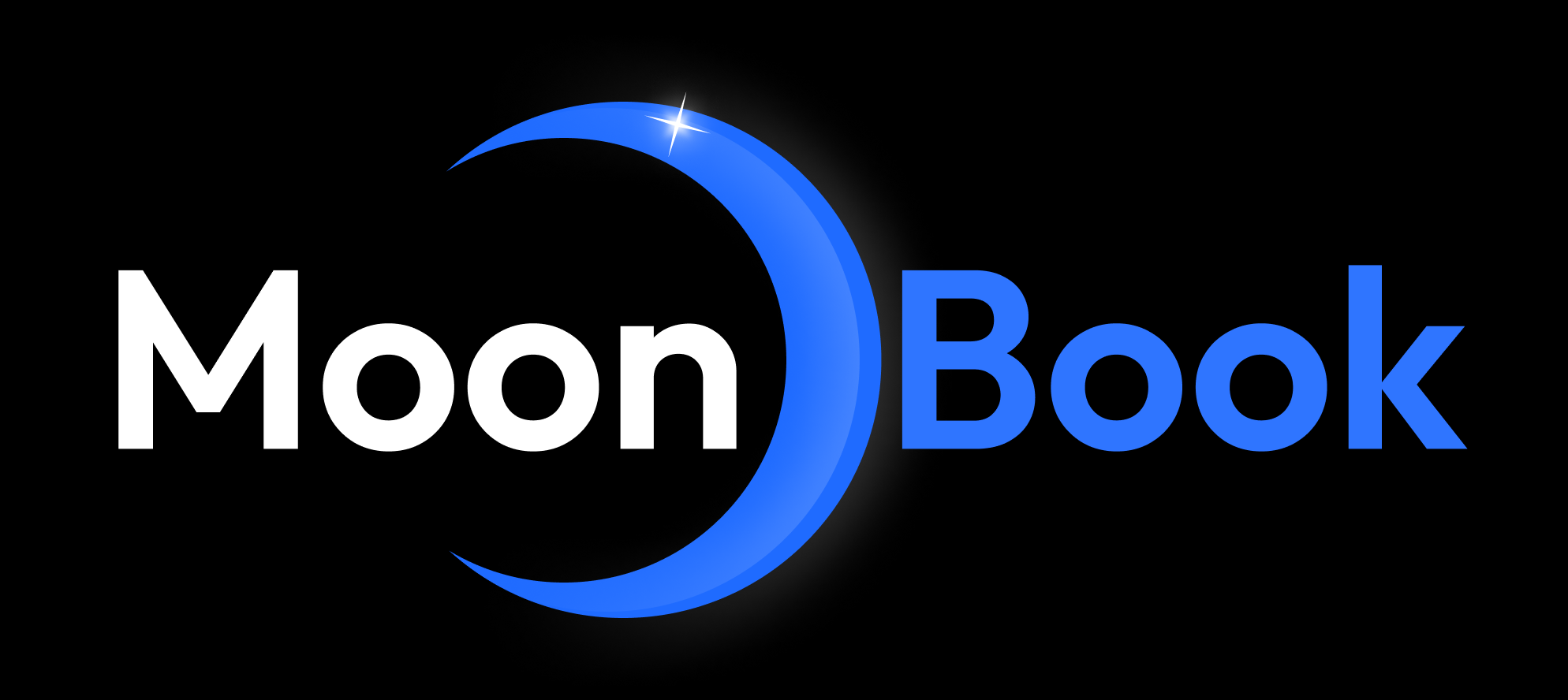In the highly interconnected world of B2B software, no AI sales assistant platform can exist as an island; its value is almost entirely dependent on the strength and depth of its partnerships and alliances. A deep analysis of Ai Sales Assistant Software Market Partnerships & Alliances reveals that these collaborations are not an afterthought but a core strategic function, essential for data integration, go-to-market reach, and delivering a seamless user experience. The most successful vendors are those that have built a robust ecosystem of technology partners, ensuring their tool works flawlessly within the customer's existing sales tech stack. As the market continues its rapid expansion, the ability to build and leverage a powerful partner ecosystem is becoming a critical competitive differentiator. The Ai Sales Assistant Software Market size is projected to grow USD 24.21 Billion by 2035, exhibiting a CAGR of 22.72% during the forecast period 2025-2035. To effectively capture this growth, vendors must adopt an "ecosystem-first" mindset, understanding that their ultimate success is determined by how well they play with others, particularly the dominant CRM platforms that form the center of the sales technology universe.
The most fundamental and non-negotiable partnerships are the deep technical integrations with Customer Relationship Management (CRM) systems. An AI sales assistant is virtually useless if it cannot read from and write to the company's system of record, which is almost always a CRM like Salesforce, HubSpot, or Microsoft Dynamics. These partnerships go far beyond a simple data export. They involve building bidirectional, real-time integrations that allow the AI assistant to, for example, automatically log sales activities in the CRM, enrich contact records with new information gleaned from a call, and pull opportunity data from the CRM to provide context for a sales rep. The quality, reliability, and depth of a vendor's Salesforce integration is often a primary factor in a customer's purchasing decision. This has led to the creation of formal partner programs and app marketplaces, like the Salesforce AppExchange, where certified integrations are showcased. A strong presence and high ratings on these marketplaces are critical for credibility and lead generation, making the CRM partnership the most important alliance for any AI sales assistant vendor.
Beyond the crucial CRM alliances, a broader web of partnerships is necessary to deliver a complete solution. Integrations with communication and productivity tools are essential. This includes partnerships with email providers like Google Workspace and Microsoft 365, calendar systems, and video conferencing platforms like Zoom and Microsoft Teams. For a conversation intelligence tool like Gong, the partnership with Zoom is vital, allowing for the seamless recording and analysis of virtual meetings. Technology partnerships with data providers are also important, allowing a platform to enrich customer records with firmographic or intent data. Go-to-market partnerships are another key strategic lever. An AI sales assistant vendor might partner with a major sales consulting and training firm, which can then recommend and help implement the vendor's software as part of a broader sales transformation engagement. Alliances with system integrators and specialized technology consultants are also crucial for reaching large enterprise customers who require complex deployments. The vendors who are most adept at building and managing this multi-layered ecosystem of technology and channel partners are the ones who are able to deliver the most value and achieve the greatest market penetration.
Top Trending Reports -
South Korea Digital Inspection Market
Spain Digital Inspection Market



